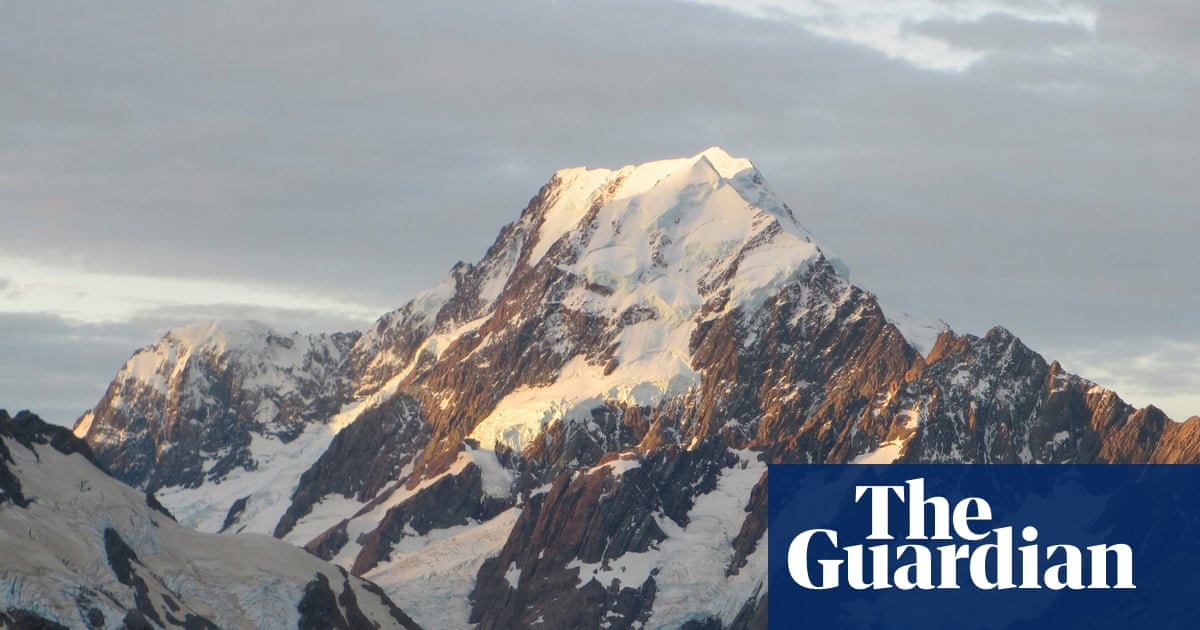
"Two mountain climbers have died on Aoraki, New Zealand's tallest peak, with two others from the same group rescued, authorities said. The climbers' bodies have been found and specialist searchers were working to recover them in a challenging alpine environment, the police area commander Inspector Vicki Walker said on Tuesday. None of the climbers have been publicly identified. Sgt Kevin McErlain told the Timaru Herald the pair had been connected by a rope when they fell near the summit of Aoraki, also known as Mount Cook."
"The authorities learned late on Monday night local time that four climbers needed help on the mountain, which is on New Zealand's South Island. Two of the climbers were rescued by helicopter in the early hours of Tuesday morning, Walker said. They were uninjured. Searchers in two helicopters looked throughout the night for the other climbers, who were found dead hours later."
"Aoraki is 3,724 metres (12,218 feet) high and is part of the Southern Alps, the scenic and icy mountain range that runs the length of the South Island. A settlement of the same name at its base is a destination for domestic and foreign tourists. The peak is popular among experienced climbers. Its terrain is technically difficult due to crevasses, avalanche risk, changeable weather and glacier movement. More than 240 deaths have been recorded on the mountain and in the surrounding national park since the start of the 20th century."
Two climbers died near the summit of Aoraki (Mount Cook) while two others from the same group were rescued uninjured by helicopter. The bodies were located and specialist search teams worked to recover them in challenging alpine conditions. The pair who died had been connected by a rope when they fell. Searchers used two helicopters and searched through the night before finding the bodies. Aoraki rises to 3,724 metres and features crevasses, avalanche risk, changing weather and glacier movement. More than 240 deaths have been recorded in the mountain and surrounding national park since the early 20th century.
Read at www.theguardian.com
Unable to calculate read time
Collection
[
|
...
]